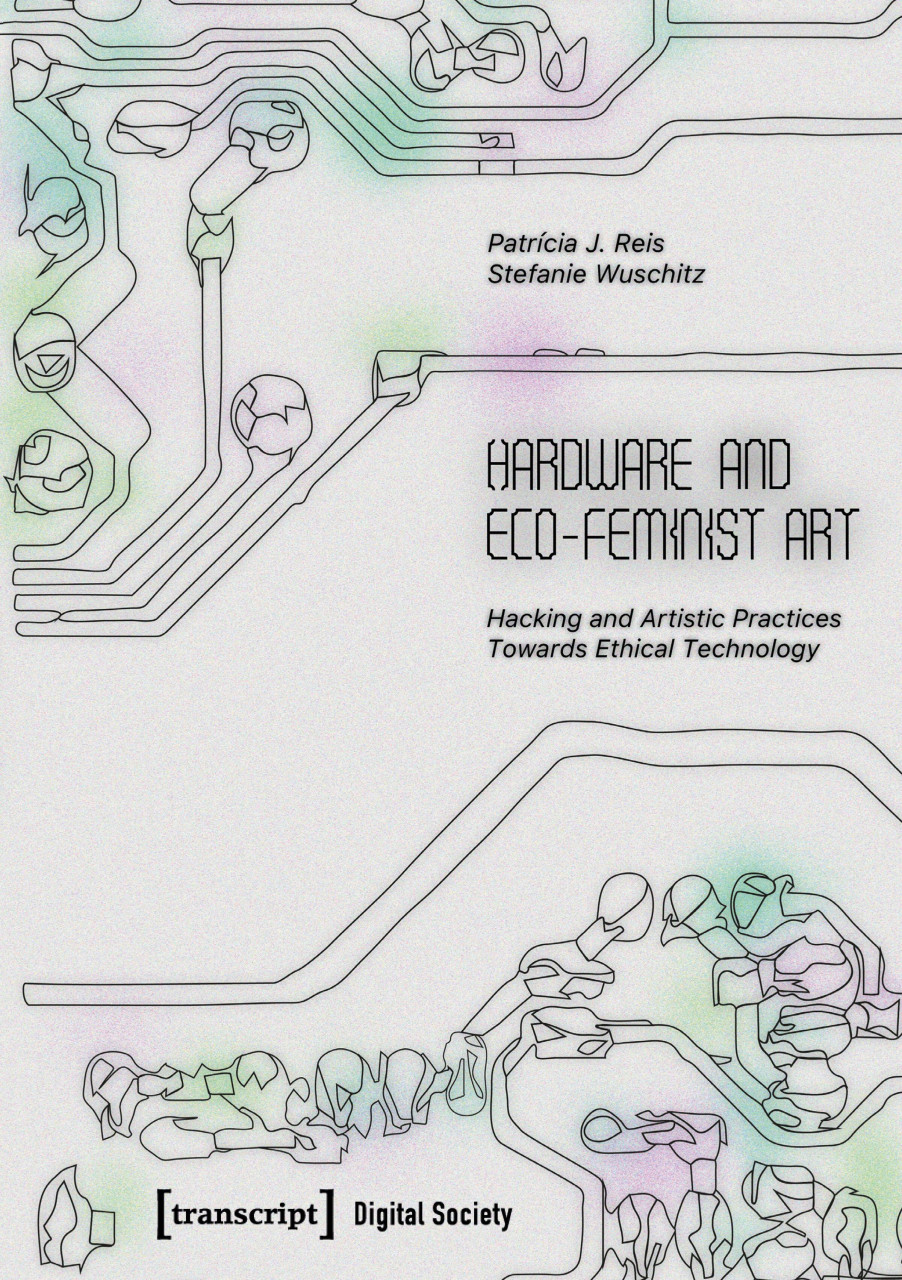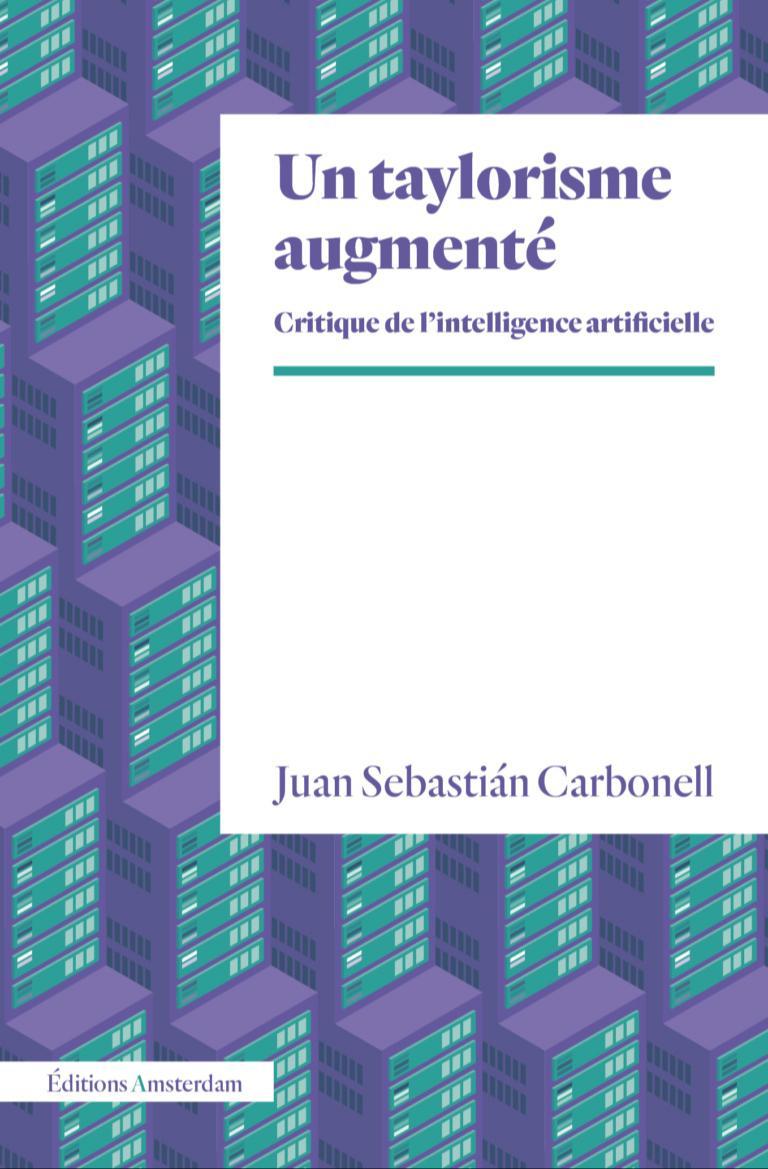Estupendo
User Profile
New year's resolution is to read moar books. So here I am.
This link opens in a pop-up window
Julien Deswaef's books
2025 Reading Goal
42% complete! Julien Deswaef has read 6 of 14 books.
User Activity
RSS feed Back
Julien Deswaef wants to read Hardware and Eco-Feminist Art by Patrícia J. Reis

Hardware and Eco-Feminist Art by Patrícia J. Reis, Stefanie Wuschitz
It is an open secret that the hardware in our smart devices contains plastics and raw materials mined from conflict …
Julien Deswaef wants to read Syndrome d'Italie by Tiziana Francesca Vaccaro
Julien Deswaef started reading El tesoro del cisne negro by Guillermo Corral
Julien Deswaef finished reading Filmish by Edward Ross
Julien Deswaef started reading Filmish by Edward Ross

Filmish by Edward Ross, Carlos Mayor Ortega
Este libro es un viaje apasionante por la historia del cine en siete capítulos temáticos. Un original ensayo gráfico que …
At some point in its life, almost every stock is a bargain; at another time, it will be expensive. Although there are good and bad companies, there is no such thing as a good stock; there are only good stock prices, which come and go.
— The Intelligent Investor by Benjamin Graham (Page 473)
Julien Deswaef wants to read Antifa by Mark Bray
Definitely want to get this book after reading this news: boingboing.net/2025/10/09/rutgers-professor-flees-to-spain-after-death-threats-over-anti-fascism-comments.html
Julien Deswaef wants to read Dashboards That Deliver by Jeffrey Shaffer
This review sells it well nightingaledvs.com/review-dashboards-that-deliver/
Julien Deswaef wants to read Un taylorisme augmenté by Juan Sebastián Carbonell

Ruined by Design: How Designers Destroyed the World, and What We Can Do to Fix It by Mike Monteiro
The world is working exactly as designed.
The combustion engine which is destroying our planet’s atmosphere and rapidly making …
I love art. I'm an artist myself. I'm also a designer. I understand the difference between the two. Design is the solution to a problem, but that problem is never your self-esteem.
— Ruined by Design: How Designers Destroyed the World, and What We Can Do to Fix It by Mike Monteiro (Page 201)
Venture capitalists have a thing they like to say. "We don't invest in ideas. We invest in people." That's true in a couple of ways. Let's get the funny one out of the way: they don't invest in ideas. Check. They invest in people. Specifically, they invest in people who look like they do, because today's venture capitalist was yesterday's startup founder and vice versa. They might as well be saying "we're both investing in our younger selves, and reinvesting in the idea that we've earned our place by perpetuating the idea that the next wave of us will come from the same pool."
— Ruined by Design: How Designers Destroyed the World, and What We Can Do to Fix It by Mike Monteiro (Page 110)









